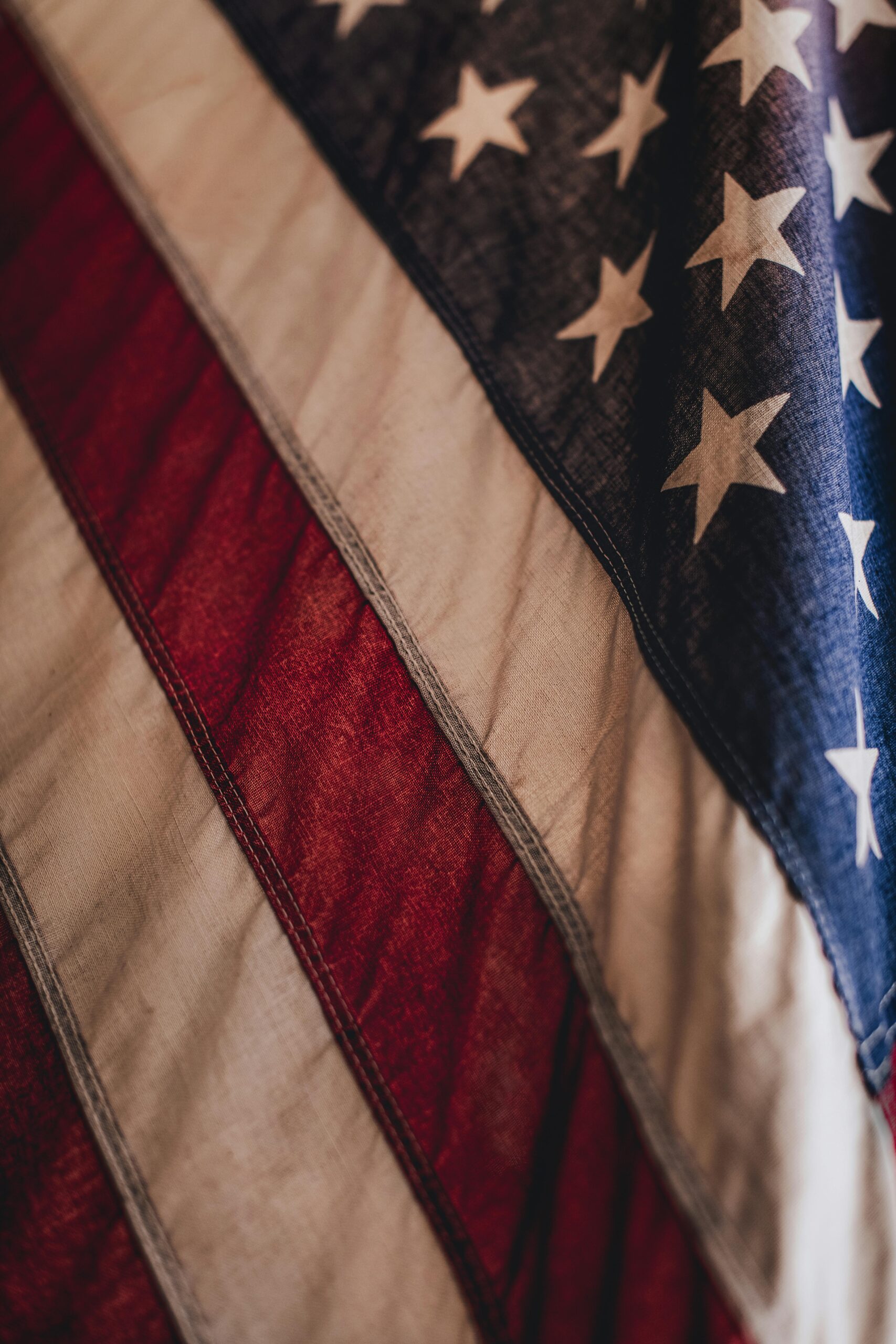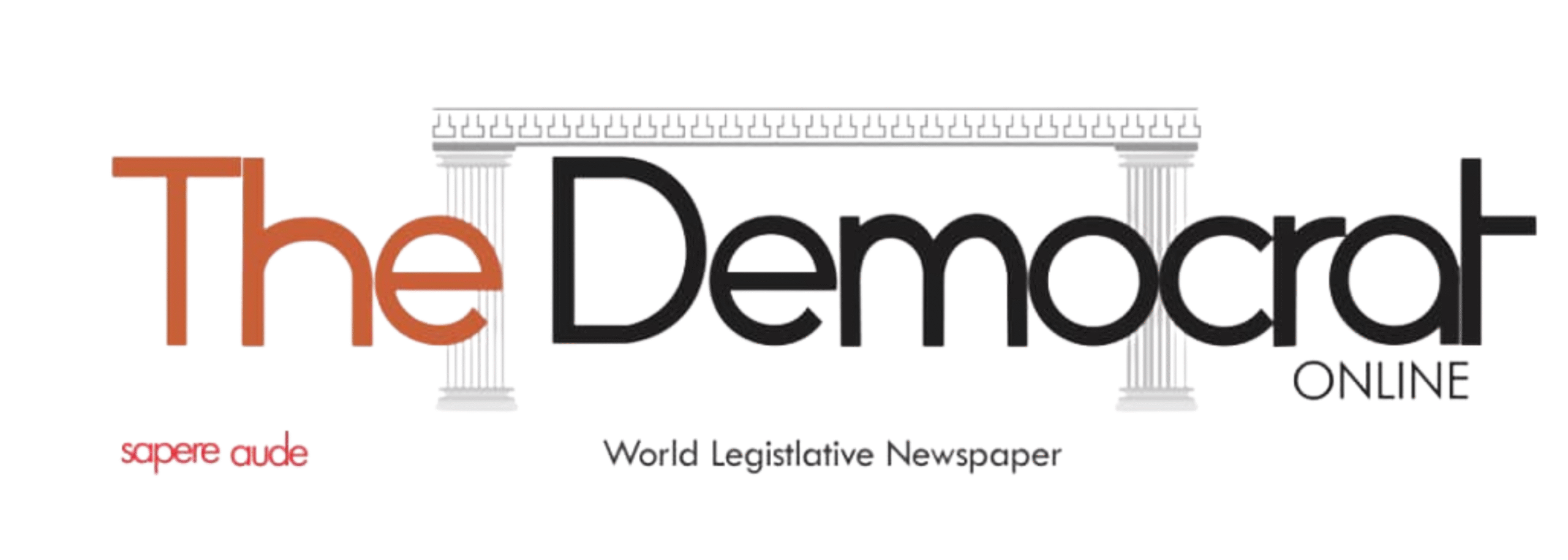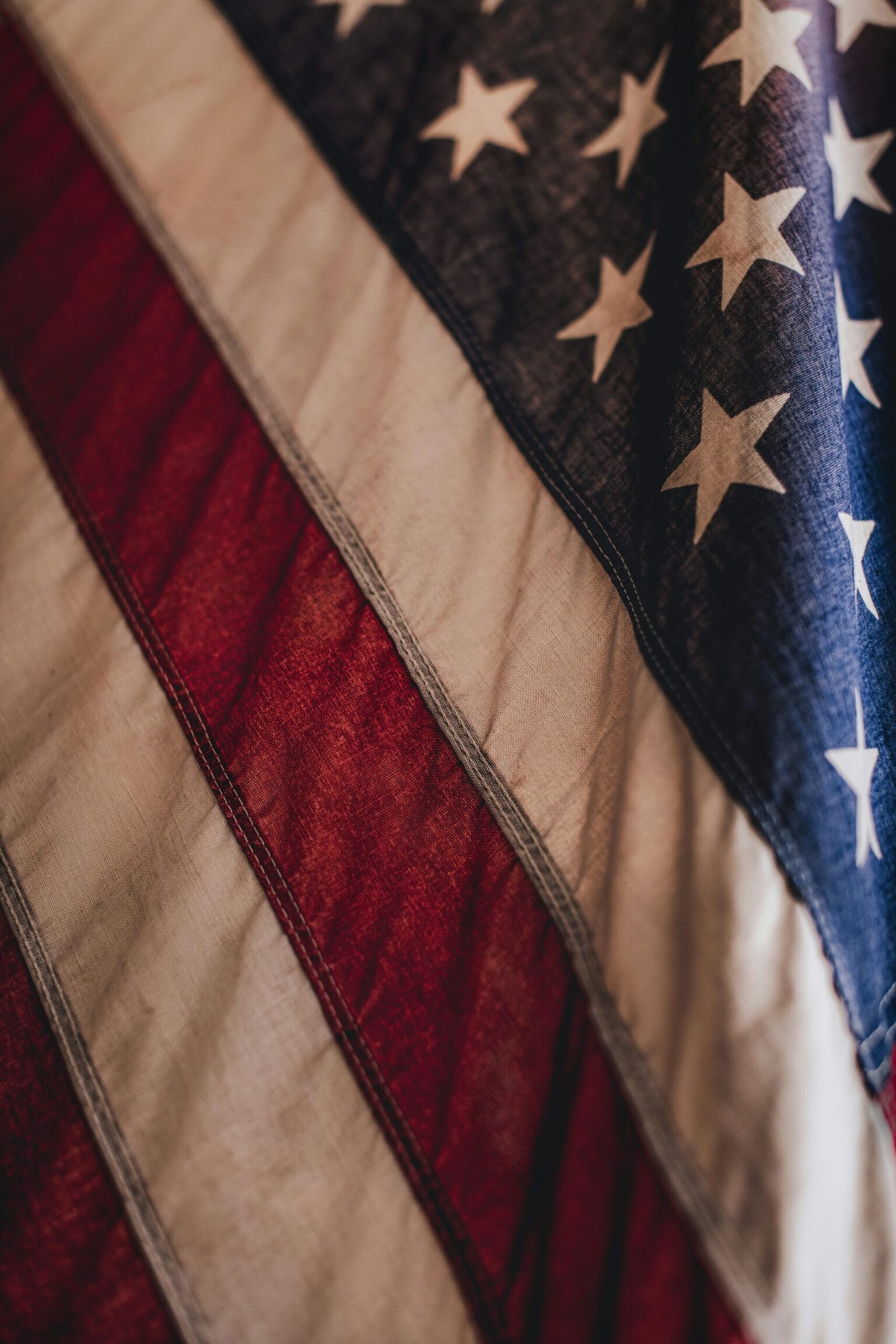
Iran confirmed it will hold indirect high-level nuclear talks with the US in Oman on Saturday, focusing on sanctions relief. This follows Trump’s claim that the US is engaging directly with Iran.The US and Iran will resume formal nuclear talks this weekend in Oman, the first since September 2022. The meeting will involve Iranian envoy Araghchi and US envoy Steve Witkoff, with Omani mediation. While Trump insists the US is dealing directly with Iran, Tehran maintains the talks will be indirect. The format may involve a joint meeting followed by indirect sessions.
The US says the gathering is exploratory, not a negotiation.Iran insists on indirect talks via a regional mediator, wary of Trump after he exited the 2015 nuclear deal in 2018. Oman, with a history of mediating US-Iran issues, will facilitate the upcoming talks amid rising tensions.
Fears of conflict have grown, with the US and Israel preparing potential military responses if diplomacy fails, including deploying bombers to Diego Garcia.Last month, Trump sent a letter to Iran’s Supreme Leader urging a new deal within two months or face possible military action. Since taking office in January, he’s revived his “maximum pressure” campaign, targeting Iran’s oil, banks, and key industries, aiming to prevent it from acquiring nuclear weapons—claims Iran denies.
Tensions over Iran’s nuclear program have strained US-Iran relations for over 20 years, with no formal diplomatic ties since 1979. The 2015 nuclear deal under Obama eased tensions by capping Iran’s atomic activity in exchange for sanctions relief. Trump later withdrew from the deal, reimposing tough sanctions that led to a financial crisis and halted foreign investments in Iran.After Trump’s withdrawal, Iran ramped up its nuclear activity and can now likely produce bomb-grade uranium in under a week, though building a weapon would take longer.
The 2015 Obama-era talks included a rare handshake between US and Iranian officials, sparking backlash from hardliners. In January, Khamenei warned against trusting diplomats, and Zarif resigned as advisor to President Pezeshkian under pressure from conservatives.Iranian diplomats will likely avoid direct contact with the US, relying on Oman to mediate and shape public perception. In Washington, Israeli PM Netanyahu said he supports a Libya-style deal but stressed Iran must not get nuclear weapons.Iran’s economy has faced years of hardship. Khamenei and the ruling theocracy have grown increasingly unpopular, with the nation experiencing frequent mass protests.
Since President Pezeshkian took office in July, the rial has lost two-thirds of its value. Iran urgently needs investment and has begun parallel talks with Europe, China, and Russia. A Middle East expert says US-Iran talks show momentum, but questions Trump’s patience if talks stall.Russia, hosting talks with China and Iran in Moscow on Tuesday, is continuing efforts to mediate a solution to the Iranian nuclear issue, according to Suponina.




